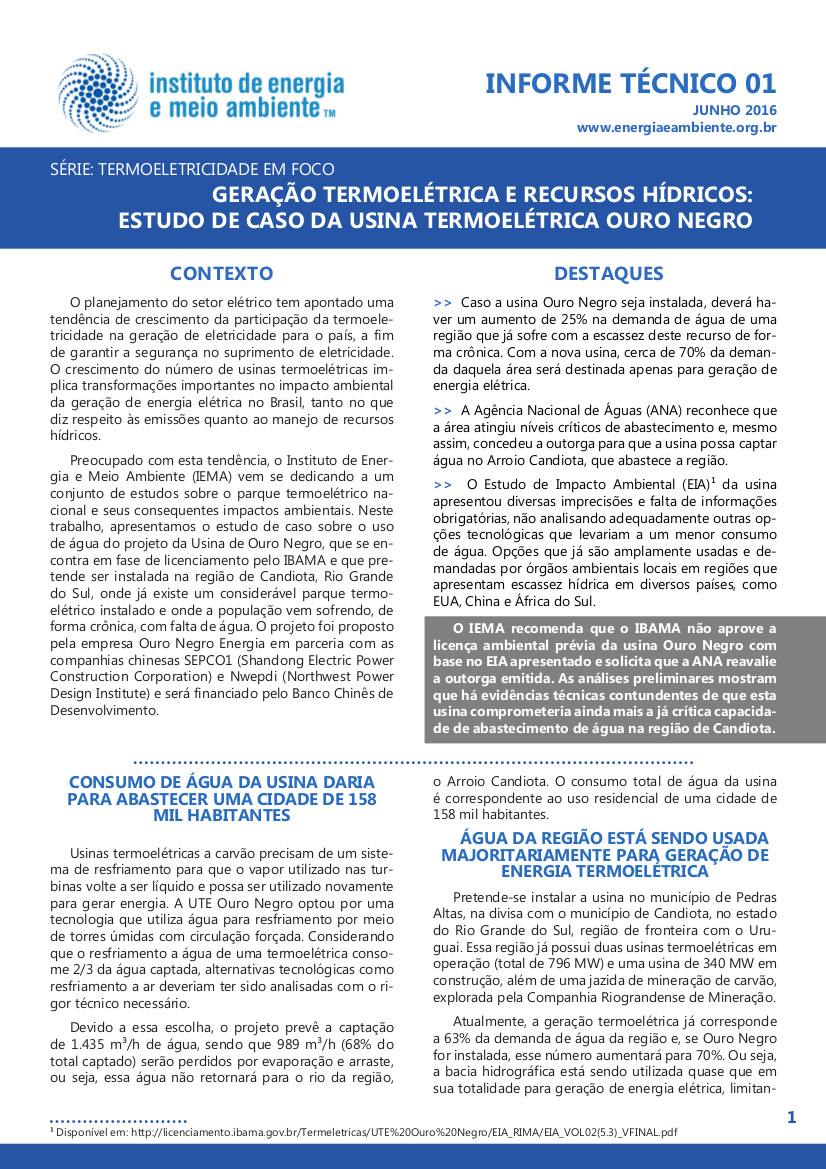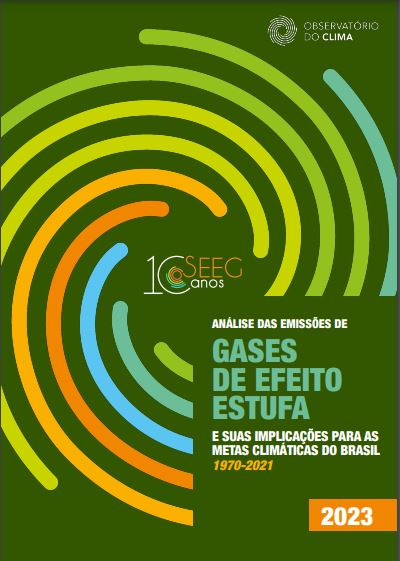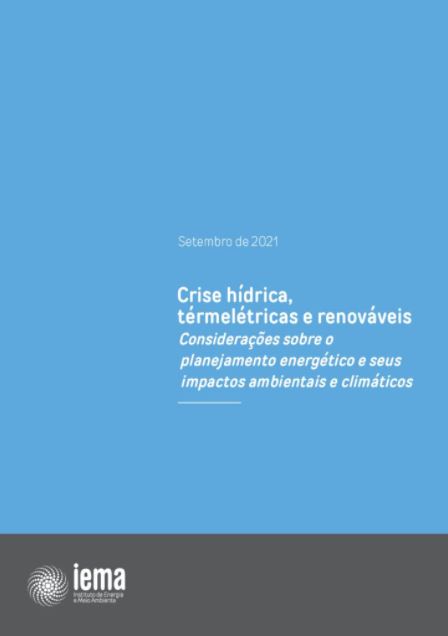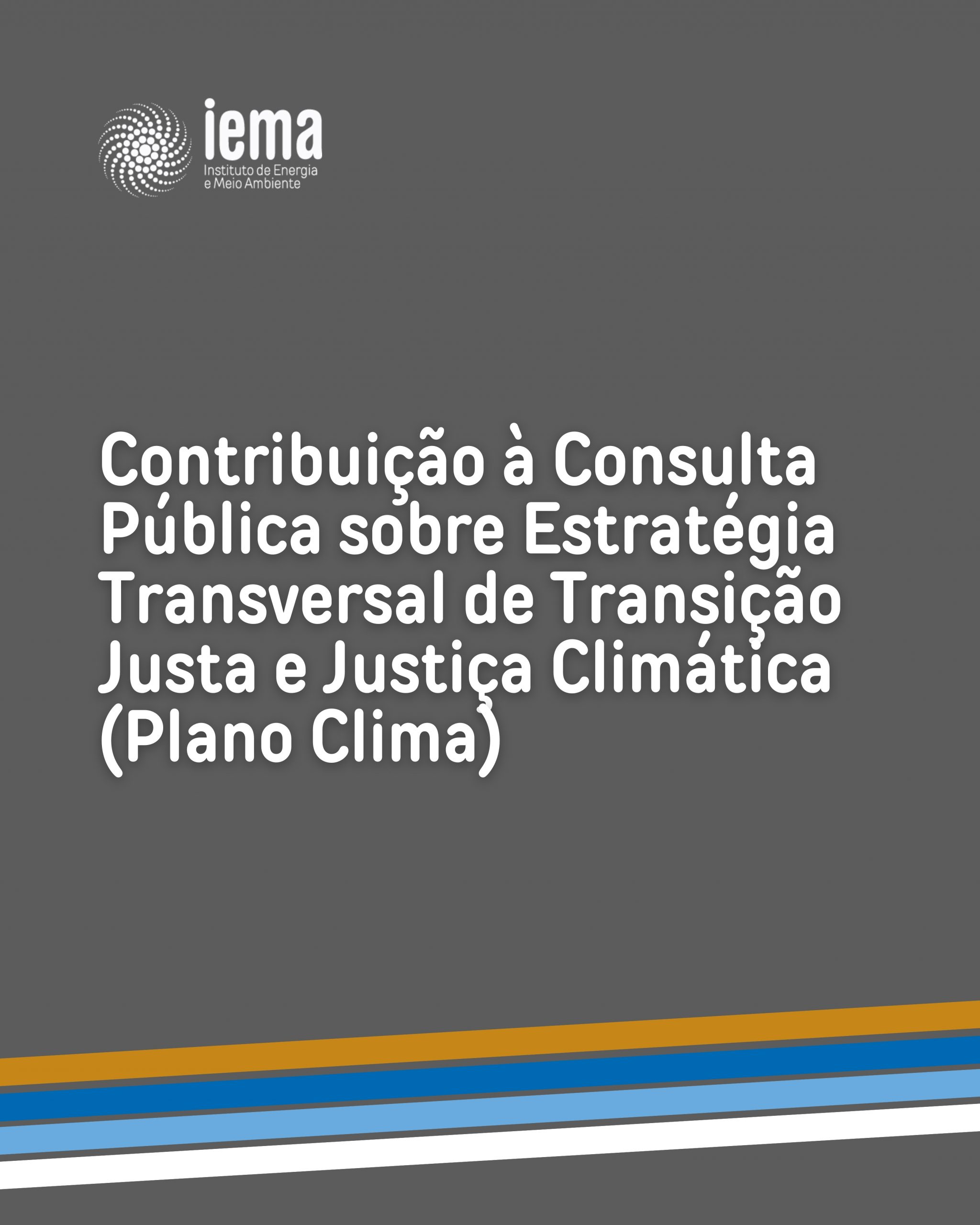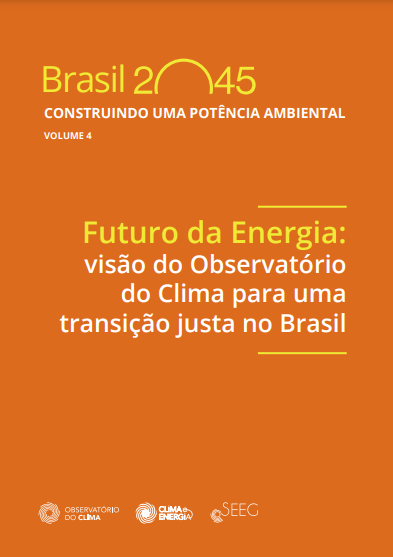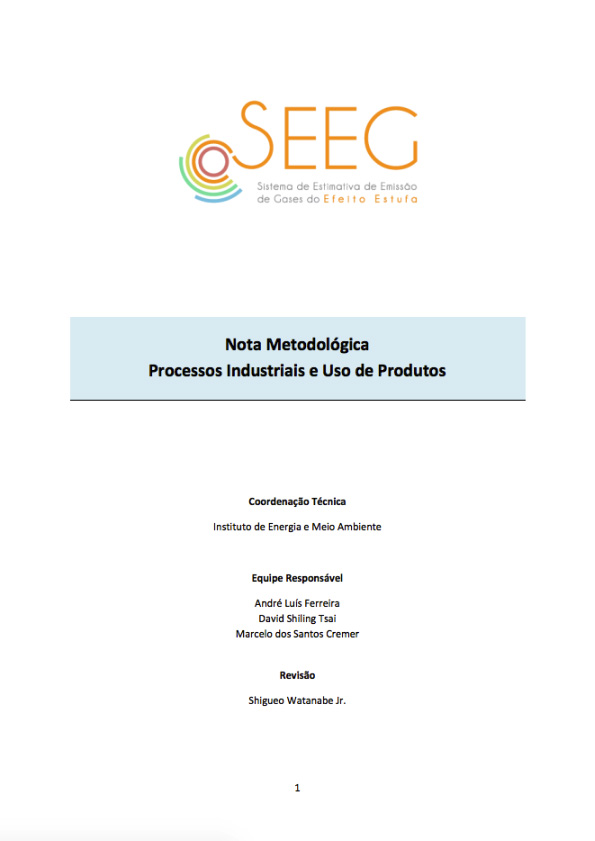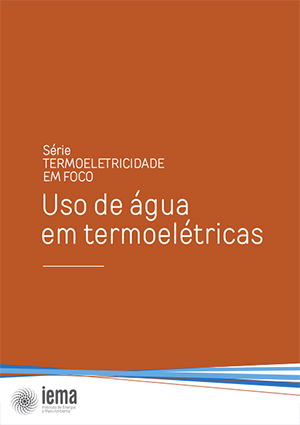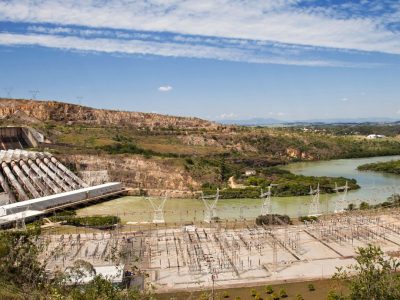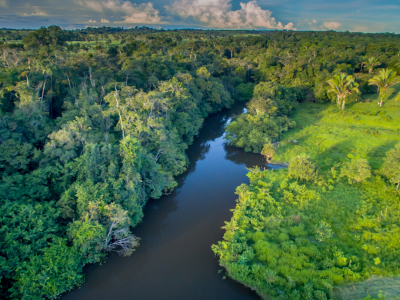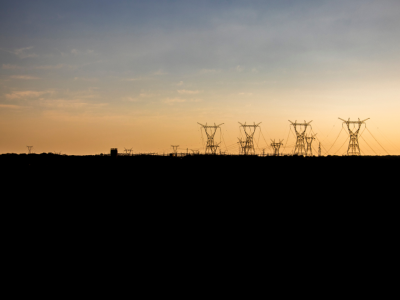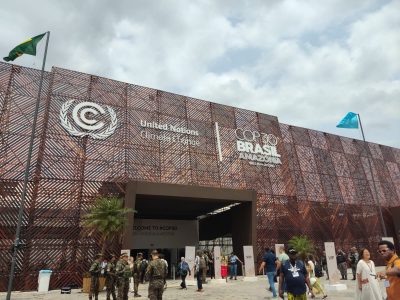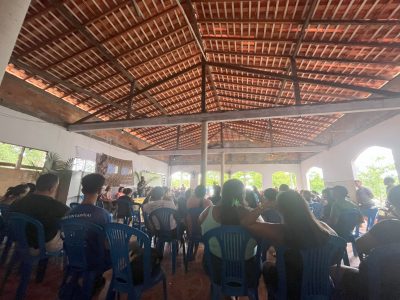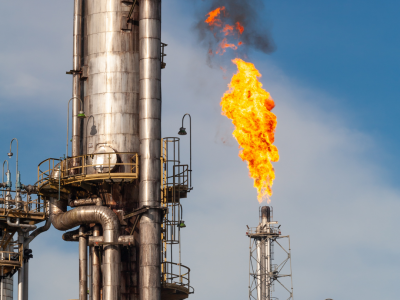Provisional presidential decree “MP 1031/2021”, which is about the privatization of Eletrobras and is in the Senate, includes, in addition to the sale of the state-owned company, the contracting of thermoelectric plants that will operate full-time. If approved, annual greenhouse gas (GHG) emissions will increase by 13.1 MtCO2e, 24.6% concerning emissions from the electricity sector, and an increase of 45% concerning emissions from the natural gas thermoelectric plant in 2019. The data were published in the study “Questions about the insertion of natural gas thermoelectric plants in the provisional presidential decree “MP 1031/2021” of the Instituto de Energia e Meio Ambiente (IEMA). The study can be accessed here.
Between 2026 and 2028, the MP provides for the insertion of 6 GW in gas thermoelectric plants in the National Interconnected System (Sistema Interligado Nacional – SIN), a system of production and transmission of electricity between the regions of Brazil, in a strict operation regime, that is, operating throughout the year. Currently, thermoelectric plants are activated when the hydroelectric plants have a low volume of water in the reservoir or to ensure the steady generation of electricity. As this type of electricity generation costs more, the price of the electric bill increases and the red flag tariff is activated.
According to the current text of the provisional presidential decree, thermoelectric plants must operate with a minimum capacity of 70% for at least fifteen years. The installation of the thermal plants will be divided into the North, Midwest, and Northeast regions. “By proposing a market reserve for thermoelectric plants, the presidential provisional decree, if approved, may lead to an undesirable impact on the competitiveness of electric power auctions, raising the costs of the electric system. In addition, it points in the opposite direction of the decarbonization of the energy matrix,” explained André Luís Ferreira, director of Instituto de Energia e Meio Ambiente (IEMA).
The proposed text of the provisional presidential decree favors the thermal matrix over the cleanest sources precisely in places suitable for its projects, such as the Northeast, which has high solar radiation rates and an ideal wind regime for wind generation. The use of thermoelectric plants makes sense in addition to renewable generation. The proposed text of the provisional presidential decree puts thermal plants ahead of renewable generation, causing a potential waste of renewable sources.
More gas-fired thermoelectric, more emissions
The calculation presented in the study carried out by IEMA estimates the annual emissions resulting from the insertion of 6 GW of natural gas thermoelectric plants, provided by the provisional presidential decree, increased by 1 GW in 2026, 2 GW in 2027, and 3 GW in 2028. The capacity factors considered are 70%, according to the minimum provided for in the proposal, and 80%, according to the simulation carried out in the 2030 Decennial Expansion Plan (Plano Decenal de Expansão 2030 – PDE 2030). The average yield used for the plants was 57%, considering the average value of the combined cycle plants currently in operation in the National Interconnected System (Sistema Interligado Nacional – SIN).
According to December 2020 data from the Greenhouse Gas Emission and Removal Estimating System (Sistema de Estimativas de Emissões de Gases de Efeito Estufa – SEEG), Brazil emitted 2.2 billion tons of greenhouse gases (GHG) in 2019. Electricity generation was responsible for 53.4 million tons due to the activation of thermoelectric plants.
“The risk of rationing is a consequence of a new unfavorable hydrological period, which impacts the level of the reservoirs, coupled with the delay in planning the expansion of the electricity transmission system,” said Ricardo Baitelo, IEMA’s project coordinator. The way to compensate for those periods, which tend to be more frequent due to climate change, necessarily involves diversification of the energy matrix, with increased participation of flexible renewable energies.
The provisional presidential decree’s deadline for discussion and approval in the Senate is June 22. If there is no consensus, it goes back to the Chamber of Deputies (Brazil’s Lower House).
